Tone Lesson 14 – Chinese Tone Change Rule: Character 一 (yī)
MANDARIN CHINESE CHARACTER Yi 一 TONE CHANGE
In today's video lesson we will learn and practice Mandarin Chines Character Yi 一 Tone Change. It is not a complicated Tone change. There are only three ways of pronunciation for character Yi 一, the First Tone, the Second Tone, or the Fourth Tone. Watch and practice along with this video and you'll be comfortable pronouncing Yi 一 in no time!
Mandarin Chinese Character Yi 一 Tone Change
There are three ways to pronounce Chinese character Yi 一.
(1) When 一 is by itself, meaning "the mathematical number one", it is pronounced in the First Tone "yī".
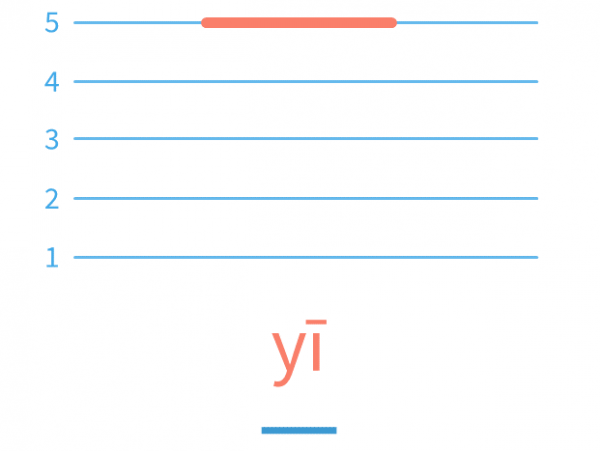
(2) When Character Yi 一 goes before the First, the Second and the Third Tone, it is pronounced in the Fourth Tone "yì"; (3) When Character Yi 一 goes before the Fourth Tone, it is pronounced in the Second Tone "yí".
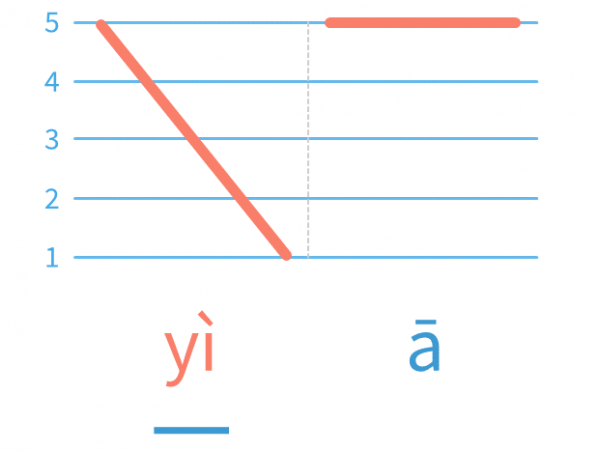
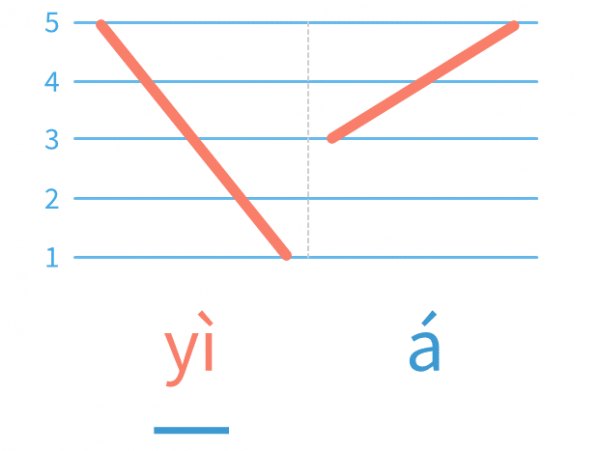
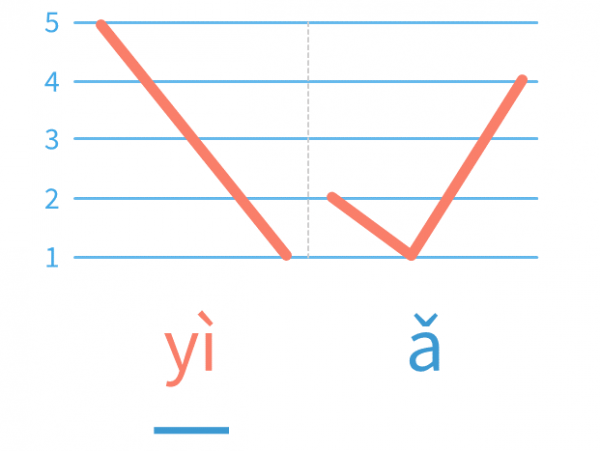
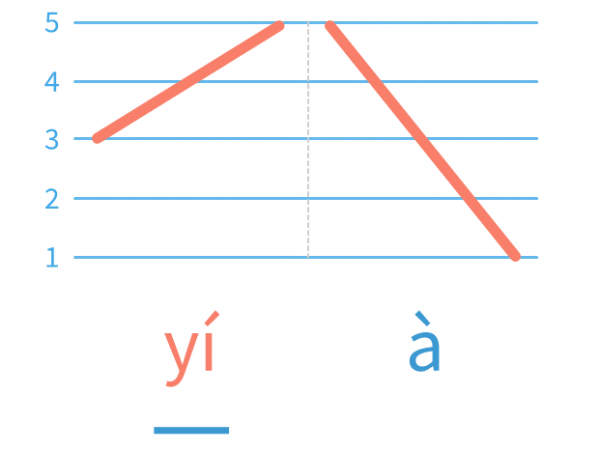
Mandarin Chinese Character Yi 一 Tone Change
Please watch the video and practice the following Tone change exercises.
NO.1 2-syllable Words
Practice Chinese Character Yi 一 Tone Change with Tone Pairs
| PINYIN | 汉字 |
|---|---|
| yì xīn | 一心 |
| yì héng | 一横 |
| yì yǔ | 一语 |
| yí wàn | 一万 |
NO.2 4-syllable Words
In the following Tone Groups, Character Yi 一 are pronounced in two ways: yì and yí.
GROUP 1
| PINYIN | 汉字 |
|---|---|
| yì xīn yí yì | 一心一意 |
| yì jiā yí jì | 一家一计 |
| yì zhōu yí fàn | 一粥一饭 |
| yì bān yí bèi | 一班一辈 |
GROUP 2
| PINYIN | 汉字 |
|---|---|
| yì nián yí miàn | 一年一面 |
| yì mú yí yàng | 一模一样 |
| yì dá yí wèn | 一答一问 |
| yì lái yí qù | 一来一去 |
>GROUP 3
Be careful that the Third Tone in Group 3 are all pronounced in the Half Third Tone.
| PINYIN | 汉字 |
|---|---|
| yì shǒu yí gè | 一手一个 |
| yì zǎo yí cì | 一早一次 |
| yì cǎo yí mù | 一草一木 |
| yì bǎi yí wàn | 一百一万 |
GROUP 4
| PINYIN | 汉字 |
|---|---|
| yí gòng yí cì | 一共一次 |
| yí chàng yí tiào | 一唱一跳 |
| yí dòng yí jìng | 一动一静 |
| yí rì yí yè | 一日一夜 |
7 Comments
Leave a Reply
You must be logged in to post a comment.
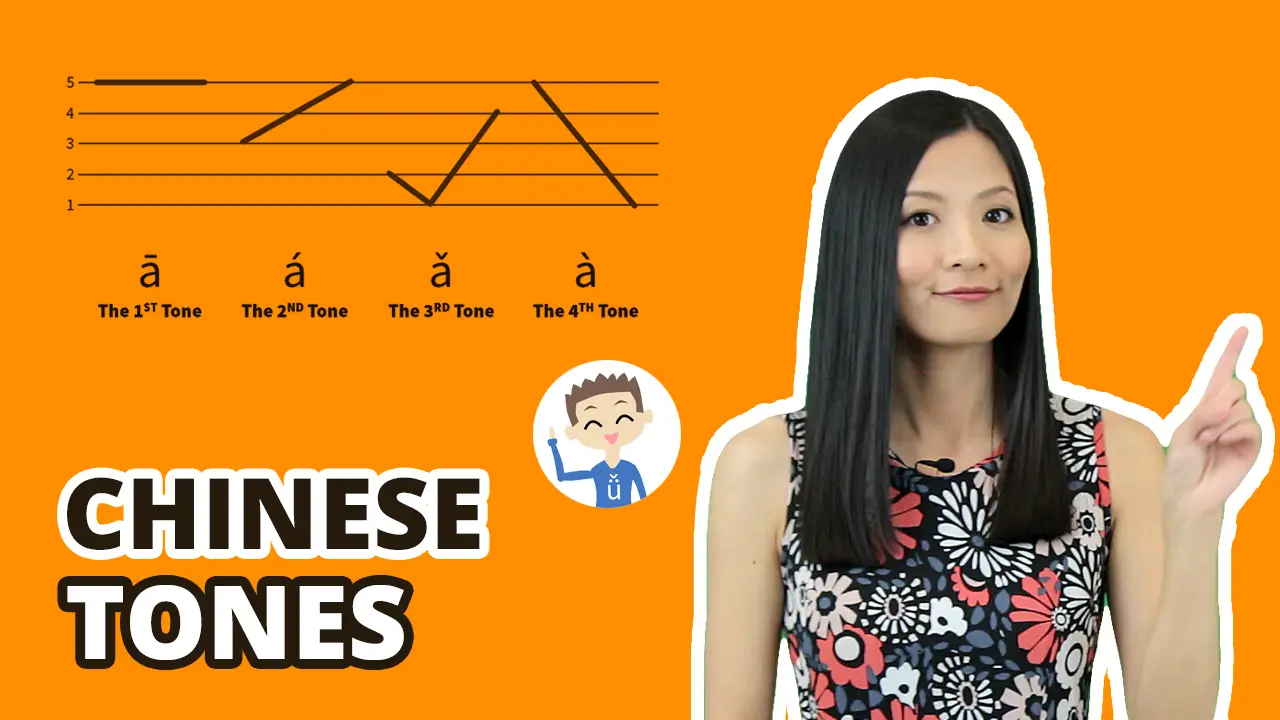
Can someone tell me why in the quiz, on questions 1 and 3, why didn’t the “yi” change tones?
My theory is that yi here is a stand-alone word and not combined with other syllables to form a word
please someone answer
About the quiz, why is sometimes yi in the first tone even though it’s followed by another character? Is it because the meaning is ‘one’ in those cases?
Yes true
I have the same question
thats what im guessing is the answer, is that yi is one word there
Sorry for the confusion of the pronunciation of 一(yī). These four-character words are 成语(chéngyǔ, idioms). They function as words in modern Chinese, but the characters in a idioms can be treated independently. 成语 will be explained in our future courses.
ok thanks very much